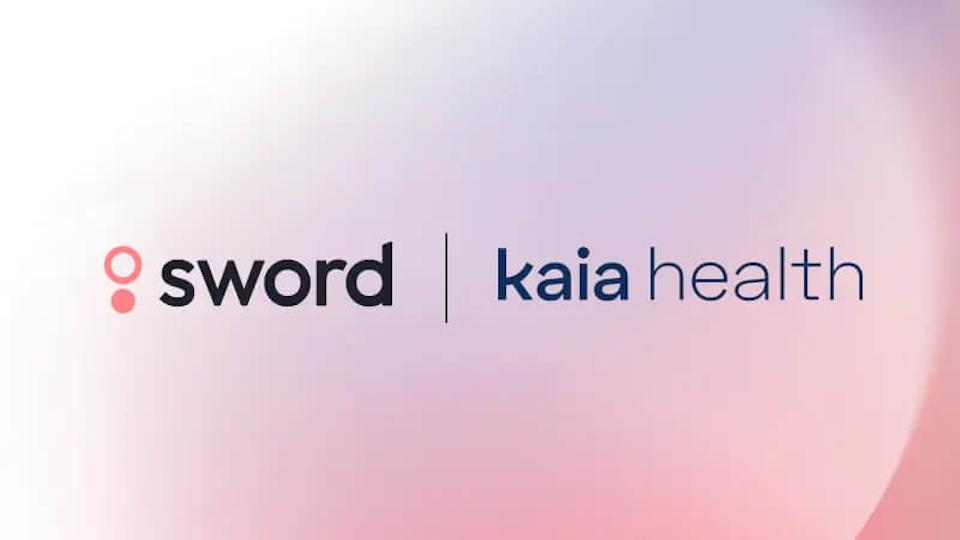NI digital "hub" aims to improve youngsters' mental health

A government-funded digital hub aims to improve mental health for young people in Northern Ireland.
Research has shown that around 20% of young people in Northern Ireland are suffering significant mental health problems by the time thay are 18.
Rates of mental ill health are estimated to be 25% higher than in other parts of the UK, according to research conducted on behalf of the country’s devolved government in a review ending in 2006.
The hub offers age appropriate platforms, through a bespoke website, for young people, their families and the professionals who support them.
https://twitter.com/NorthernAreaMHI/status/979682651840720896
Each platform gives information on how to look after mental health and wellbeing, how to access local help when needed and provides a range of resources including tips and coping strategies.
A wide range of local and national information on services across Northern Ireland, with a particular focus for those living in the Northern Zone, is also provided.
It also has tools to allow young people to make their voices heard, allowing them to take part in surveys, lobby local commissioners and policy makers, and forge alliances with like-minded peers.
They can hear from peers about how to cope with issues such as bullying, the negative influences of social media, risks of online grooming and sexual exploitation, suicidal ideation, sexual orientation, or social instability.
The hub is developed by the government-funded Northern Area Mental Health Initiative and was created to reinforce learning from the organisation’s free awareness raising workshops.
The initiative is led by Cookstown and Western Shores Area Network in partners with Action Mental Health and Nexus NI.
The initiative offers free mental health awareness and resilience training, covering areas such as internet safety, sexual abuse and exploitation education to children and young people aged from eight to 25 in schools, youth clubs and key contacts, such as teachers, youth group leaders and parents’ groups.












